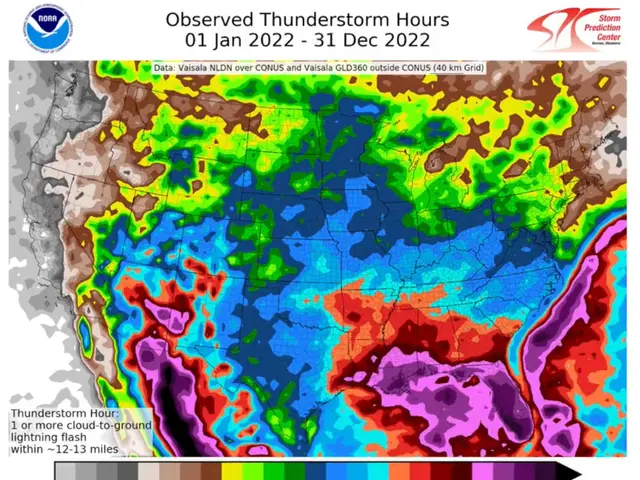Strengthening wolf culling measures proposed by Tyrol for species conservation
In the picturesque Alpine region of Tyrol, Austria, a contentious issue has arisen regarding the management of wolves. The governor of Tyrol state, Anton Mattle (ÖVP), has advocated for expanding wolf hunting with annual quotas, citing concerns over the impact of wolves on local agriculture and livestock.
Wolves, a returning large carnivore species in the region, have seen their numbers increase from eight ten years ago to approximately 100, with most residing in Carinthia, Tyrol, Salzburg, and Vorarlberg. The European Union, in line with Austria's wishes, reduced the wolf's protection status from "strictly protected" to "protected" in the spring.
The farming industry in Tyrol, with its significant alpine farming of cows, sheep, and goats, is not only economically important but also holds high tourist value. However, the effectiveness of various measures in managing wolf populations remains unclear, according to the Bear, Lynx, Wolf Protection Center.
Anton Larcher, Tyrol's chief hunter, believes that the significance of the wolf as a regulating element in the natural cycle is greatly underestimated. He states that the wolf plays no role in controlling deer, chamois, or ibex populations in Tyrol and deems it "absolutely unsuitable" as a regulator.
On the other hand, WWF and other animal welfare organizations view the wolf as a natural health police, primarily preying on sick and weak ungulates. For them, the wolf's role as a keystone species is crucial for maintaining a balanced ecosystem.
The arguments for expanding wolf hunting revolve around protecting livestock and local agriculture. Farmers and ranchers express concerns about wolves preying on their livestock, which threatens their livelihood. Expanding hunting quotas is seen as a way to reduce wolf attacks and economic losses in the agricultural sector, especially for beef cattle and sheep farmers who require predator protection measures.
However, conservationists argue that premature or excessive hunting could undermine the reestablishment and growth of the wolf population in the region, disrupting these ecological functions. Maintaining healthy populations of apex predators like wolves supports biodiversity and ecosystem services. Overhunting could reduce these benefits, potentially leading to an increase of smaller carnivores and altered food web dynamics.
As the debate continues, it is clear that balancing the conservation of the wolf population with the protection of local agriculture is a complex issue. The most recent scientific insights highlight the ecological importance of wolves but also acknowledge the need for practical solutions to protect agriculture. Coexistence strategies based on improved livestock management might be more sustainable in the long run.
Read also:
- Germany's three-month tenure under Merz's administration feels significantly extended
- Hurricane-potential storm Erin forms, poised to become the first hurricane in the Atlantic Ocean this year.
- Skepticism About Climate Change Previously Held; Factors That Shifted Perspective Revealed
- Heavy rain causes flash floods in Hyderabad, resulting in severe waterlogging and disruptions to city life during a heavy downpour.








